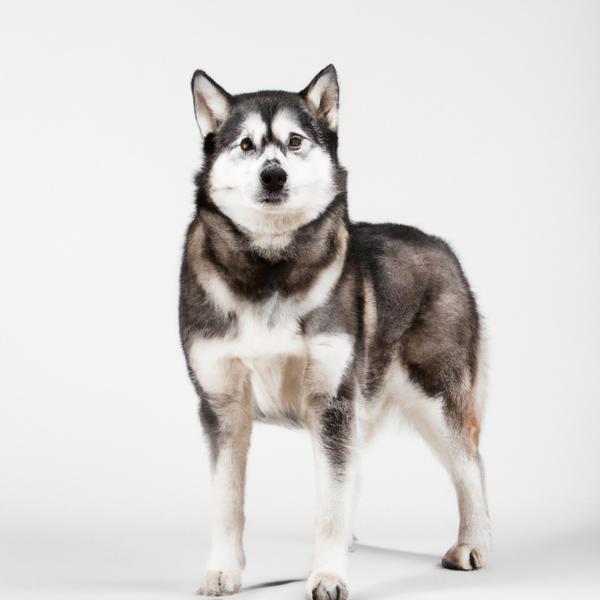Huskita vs. Akita Shepherd: Breed Differences and Similarities
Hypoallergenic
Are Huskitas or Akita Shepherds hypoallergenic, or neither?
Unfortunately, neither Huskita nor Akita Shepherd are hypoallergenic, which may not make them the best choice for dog lovers who suffer from pet allergies.
Temperament
What are the personalities of Huskita and Akita Shepherd dogs?
Dignified
Independent
Protective
Alert
Courageous
Intelligent
Friendly
Outgoing
Responsive
Docile
Gentle
Faithful
Vigilant
Willing
Curious
Dignified
Independent
Protective
Alert
Courageous
Intelligent
Confident
Friendly
Responsive
Docile
Obedient
Loyal
Watchful
Faithful
Vigilant
Willing
Shedding Level
Do Huskitas shed more than Akita Shepherds, or which breed sheds more, Huskitas or Akita Shepherds?
Huskita or Akita Shepherd dogs are extremely heavy shedders, they will lose a large amount of hair each year. To decrease the amount of shedding, you can regularly brush your Huskita or Akita Shepherd.
Watchdog Ability
Which dog breed makes a better watchdog, the Huskita or Akita Shepherd?
Huskitas aren't great guard dogs; they tend to just watch without taking action.
Akita Shepherds are decent watchdogs - they'll alert their owner if something seems amiss.
Ancestry
What are the origins of Huskita and Akita Shepherd breeds?
Akita, Siberian Husky
German Shepherd and Akita
Breed recognition
Which kennel clubs recognize/register Huskita and Akita Shepherd?
DRA = Dog Registry of America, Inc.
DRA = Dog Registry of America, Inc.
IDCR = International Designer Canine Registry®
Date of Birth
When were Huskita and Akita Shepherd breeds first developed?
1990s
Mid 1900s
Eye Color Possibilites
What are the eye colors of Huskita and Akita Shepherd dogs?
Brown
Brown
Nose Color Possibilites
What are the natural nose colors of Huskita and Akita Shepherd?
Black
Black
Brown
Coat Color Possibilites
What are the natural colors of the coat for Huskita and Akita Shepherd breeds?
White
Black
Gray
Red
Sable
Brown
Fawn
Silver
Brindle
White
Silver
Fawn
Black
Red
Brown
Sable
Gray
Coat Length
What is the typical coat length for Huskita and Akita Shepherd breeds?
The coat of Huskita and Akita Shepherd dogs falls in the medium-length category.
Coat Density
What is the density of the coat of Huskita and Akita Shepherd?
Coat Texture
What is the hair texture of Huskita and Akita Shepherd?
Straight
Litter Size
What is the usual litter size for Huskita and Akita Shepherd?
Huskita and Akita Shepherd, can have a litter of 3-12 puppies each on average. Nonetheless, it's important to keep in mind that litter size can differ significantly between individual dogs. Various factors such as the mother's health, breeding history, and genetics can have an impact on litter size.
Adaptability
Huskita and Akita Shepherds are known for their adaptability and versatility. They are capable of adapting well to a wide range of lifestyle changes and living environments, making them great companions for families and individuals of all lifestyles.
Health Issues
Between Huskita and Akita Shepherd, which breed is more prone to health problems?
While the Huskita breed is generally healthy, occasional vet check-ups are still necessary to address any health concerns.
Akita Shepherds typically have low vet costs due to their good health, but it's important to monitor their health and seek vet care when necessary.
Major Concerns
What are the major health concerns for Huskita and Akita Shepherd breeds?
Hip Dysplasia
Epilepsy
Bloat
Hemophilia
Laryngeal Paralysis
Autoimmune Thyroiditis
Progressive Retinal Atrophy (PRA)
vonWillebrand’s Disease
Canine Hip Dysplasia
Bloat
Von Willebrand's Disease
Degenerative Myelopathy
Congenital Heart Defect
Autoimmune Thyroiditis
Progressive Retinal Atrophy (PRA)
Minor Concerns
What minor health issues should be kept in mind when owning Huskita and Akita Shepherd?
Elbow Dysplasia
Pemphigus
Sebaceous Adenitis
Zinc Responsive Dermatosis
Elbow Dysplasia
Panosteitis
Pemphigus
Sebaceous Adenitis
Pannus
Perianal Fistulas
Hemophilia
Exocrine Pancreatic Insufficiency
Occasional Tests
What occasional tests are recommended for Huskita and Akita Shepherd breeds?
X-Rays
Blood Tests
Internal Imaging (x-ray, CT scan, MRI, etc.)
Buccal Mucosal Screening
Physical and Neurologic Examination
Skin Scrapings and Biopsies
Orthopedic Exam
Ocular Exam
Abdomen and Blood Tests
Throat Exam
Coagulation Analysis
Cardiac
Eye
Hip
Blood
Dna For Vwd
Internal Imaging (x-ray, CT scan, MRI, etc.)
Full Body Physical Examination
Energy
How do the energy levels of Huskitas and Akita Shepherds compare?
For those who lead a balanced lifestyle, Huskita and Akita Shepherd breeds may be a good choice as they have an average energy level.
Social Needs
Huskita vs Akita Shepherd social needs comparison
Huskita and Akita Shepherd have average social needs compared to other breeds. They are known to be less active and independent than other breeds, and they are content with spending time alone and with their human family.
Exercise Needed
Huskita vs Akita Shepherd exercise need comparison.
Huskitas need moderate physical activity and are great for families and active individuals.
Akita Shepherds need only a small amount of physical activity, ideal for busy or elderly people or those with limited space.
Sleeping Need
Which of the two sleeps the most/least: Huskita or Akita Shepherd?
Huskita and Akita Shepherd dogs tend to sleep less than some other breeds, but it's still important for them to get adequate sleep in order to maintain good health.
Tendency to Bark
Do Huskitas or Akita Shepherds bark more/less frequently?
Huskita dogs are generally less vocal than other breeds and only bark when necessary, such as to alert their owner or communicate.
Akita Shepherds are typically quiet and only bark when needed, such as to alert their owner or when in distress.
Mouthiness
Mouthiness Comparison: Huskita vs Akita Shepherd?
Roaming urge
Huskita vs Labrador: Running away tendency?
Prey Drive
Huskita or Akita Shepherd - which breed has a higher level of prey drive?
Past times
What are some enjoyable activities and ways to keep Huskita and Akita Shepherd entertained?
Walk, Tug-of-war, Hike, Play, Playing catch, Walking, Rambling, Hide & Seek, Ball games, Nap time, Throwing a ball, Play keep away, Fetch, Chasing around, Run, Cuddles, Jogging, Play time, Playtime, Swim, Tracking, High Five, Speak, Shake
Hike, Run, Fetch, Hikes, Walk, K9 scent work, Smart, Playful, Endless energy, Sweet, Swim, Running, Swimming, Walking, Skateboarding, Hiking, Play, Play keep away, Tug-of-war, Nap, Cuddling, Bird watching, Tag
Activity Level
Which breed has higher energy, Huskitas or Akita Shepherds?
Huskita and Akita Shepherd are high-energy dogs that require a lot of mental and physical exercise. Without proper stimulation and attention, these breeds can become problematic. If you're considering these breeds, be prepared to invest time and effort in their exercise and training.
Tolerance of being left alone
Walks per Week
How many miles should Huskita or Akita Shepherd walk each week?
Huskita and Akita Shepherd generally need a minimum of 14 miles of walking per week, but it can be increased as long as they are comfortable with it.
Activity per Day
Do Huskitas or Akita Shepherds require more exercise?
In general most Huskitas usually need at least 90 minutes of exercise daily. This can be spread across the day and include all sorts of high-energy activities, like walking, running and playing.
In general most Akita Shepherds usually need at least 60 minutes of exercise daily. This can be spread across the day and include all sorts of high-energy activities, like walking, running and playing.
Grooming
Which breed is easier to maintain in terms of grooming, Huskitas or Akita Shepherds?
Huskita and Akita Shepherd are breeds of dogs that require an average amount of grooming effort.
Brushing Frequency
What is the recommended brushing frequency for Huskita and Akita Shepherd dogs?
Huskita and Akita Shepherd should be brushed at least once a week. Of course, you can give them more frequent brushes if you find that they are still shedding a lot.
Brushing Tools
What brushing tools are used for Huskitas and Akita Shepherds?
Pin Brush
Comb
Nail Clipper
Pin Brush
Slicker Brush
Deshedder
Nail Clipper
Cups
How much food should be given to Huskita or Akita Shepherd in cups?
For an average 60-75 pound (27 - 34 kg) Huskita feed 3 cups daily. But, keep in mind, the amount you feed is going to be dependent on the quality of the food you are feeding.
For an average 65-85 pound (29 - 39 kg) Akita Shepherd feed 2.5 cups daily. But, keep in mind, the amount you feed is going to be dependent on the quality of the food you are feeding.
Daily Cost
Which breed has a higher daily cost, Huskita or Akita Shepherd?
Huskita and Akita Shepherd have a similar average daily cost of around $2.10 - $2.70.
Monthly Cost
Which breed has a higher monthly cost, Huskita or Akita Shepherd?
When it comes to monthly expenses, both Huskita and Akita Shepherd have a similar average cost, ranging from $55 - $73. This results in an average yearly cost of around $660 - $876.
Intelligence
Comparing Intelligence: Huskitas vs Akita Shepherds
Huskita and Akita Shepherd have average obedience intelligence, but they're also independent thinkers. This breed is known for having an exceptionally high IQ, which means they may get into trouble if left to their own devices.
Sensitivity Level
How do Huskita and Akita Shepherd compare in sensitivity?
These dog breeds are particularly attuned to its environment and the emotions of those around it. Huskita and Akita Shepherd can be easily overwhelmed by loud noises, new environments, unfamiliar people, or animals. This dog breed is best suited for individuals or families who are patient, gentle, and understanding of its sensitive nature. It may also benefit from a calm and stable home environment, with a consistent routine and plenty of positive reinforcement training.
Affection Dependance
Which is the more affectionate dog breed: Huskita vs Akita Shepherd?
Apartment Friendly
Which breed is more apartment-friendly: Huskita or Akita Shepherd?
Huskita and Akita Shepherd are apartment-friendly dog breeds. They can do perfectly well in apartments providing they are sufficiently exercised and taken out and about as part of their owner's daily lifestyle.
Child Friendly
Do Huskitas or Akita Shepherds have a friendlier temperament towards children?
Huskitas are good with kids if socialized and trained from a young age.
Akita Shepherds make excellent family pets for kids due to their gentle, protective nature and calm temperament.
Senior-friendly
Which dog is more suitable as a pet for the elderly - Huskita or Akita Shepherd?
Cat Friendly
Do Huskita or Akita Shepherd breeds have a better compatibility with cats?
Huskitas are somewhat cat friendly and can be trained to get along with cats.
Akita Shepherds are average in their friendliness toward cats and tend to do well with them, especially if raised together.
Dog Friendly
Which breed is more sociable with other dogs: Huskita or Akita Shepherd?
Huskitas are friendly and active companions, and can be good family pets, though their friendliness towards other dogs may vary.
Akita Shepherds are average in their friendliness towards other dogs, and socialization can help.
Pet friendly
How do Huskita or Akita Shepherd dogs interact with other pets?
Stranger Friendly
Which breed is more friendly with strangers: Huskita or Akita Shepherd?
Huskita and Akita Shepherd are average friendly around strangers. They can be wary around strangers and a little standoffish, so early socialization is key to ensure they are comfortable around new people.
Playfulness
Which breed is more playful between Huskita and Akita Shepherd?
Huskitas are a playful breed that needs daily playtime to be happy.
Akita Shepherds have an average level of playfulness, enjoying playtime like most dogs but not excessively so.
Trainability
How do the trainability levels of Huskitas and Akita Shepherds compare?
Huskitas are usually easy to train but require consistency to fully obey commands.
Akita Shepherds are popular for their ease of training and quick learning ability.
Compare Huskita with other breeds
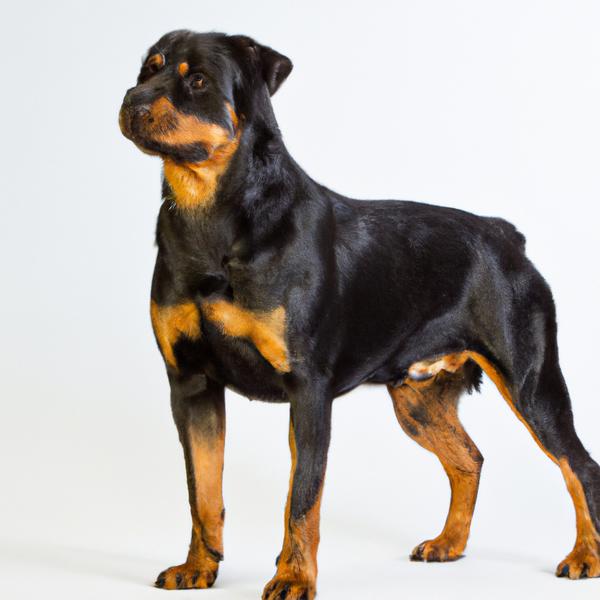
Rotterman
Huskita vs Rotterman
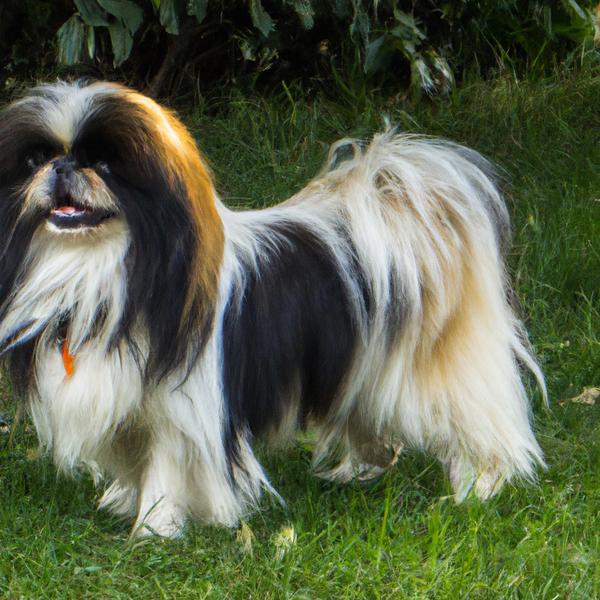
Tibetan Chin
Huskita vs Tibetan Chin
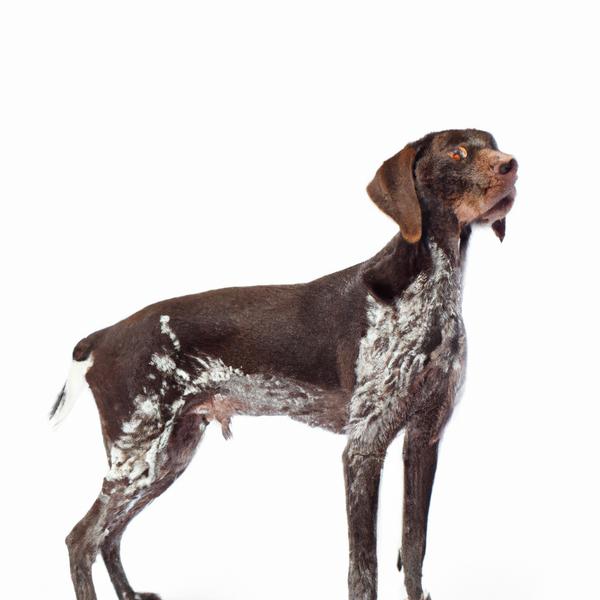
German Shorthaired Sprointer
Huskita vs German Shorthaired Sprointer
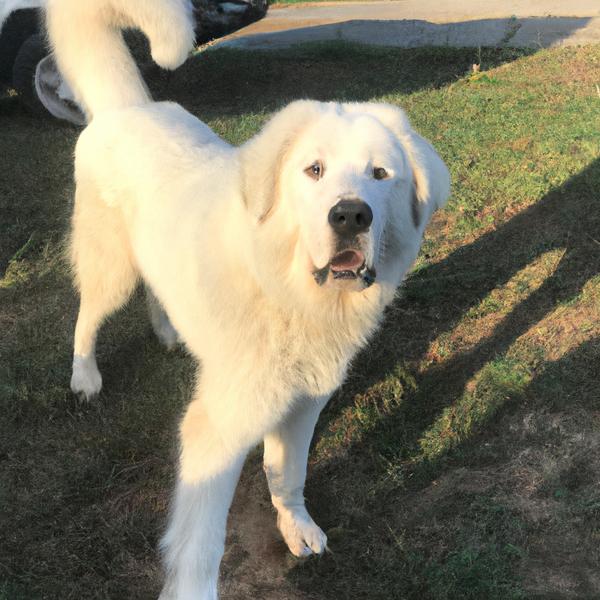
Great Pyrenees
Huskita vs Great Pyrenees
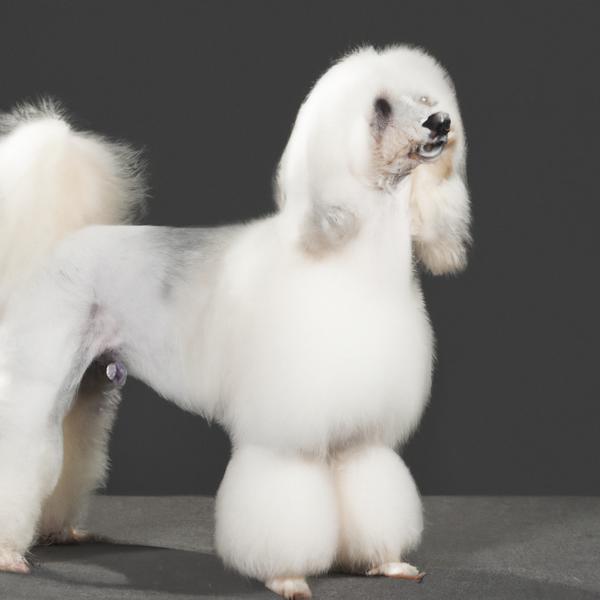
Corillon
Huskita vs Corillon
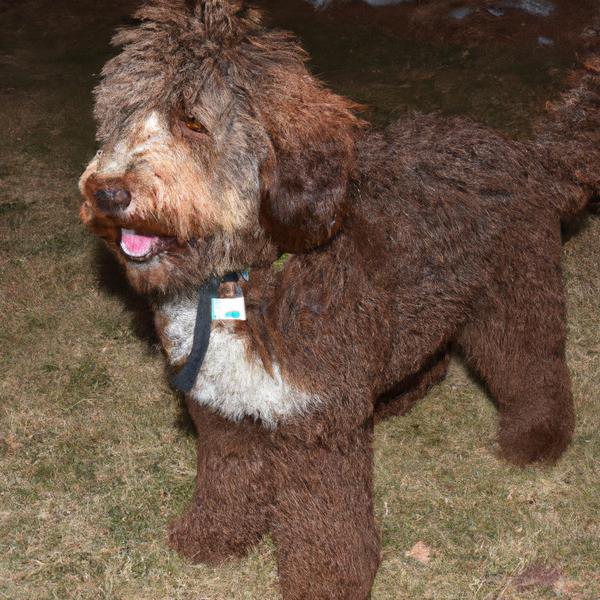
Tervoodle
Huskita vs Tervoodle
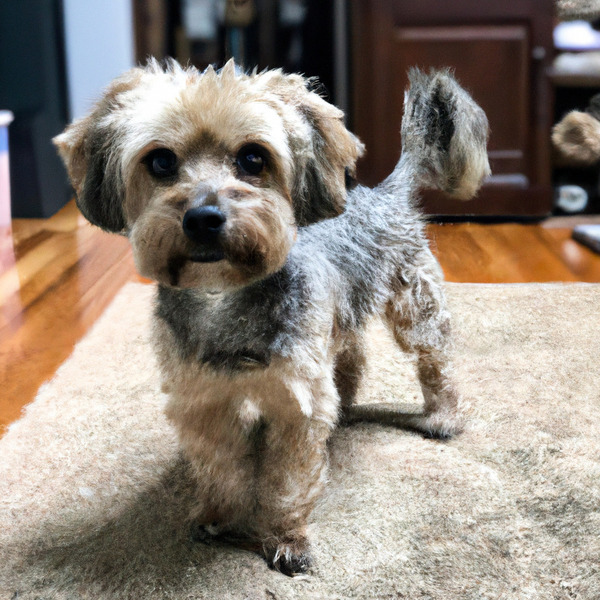
Yorkipoo
Huskita vs Yorkipoo
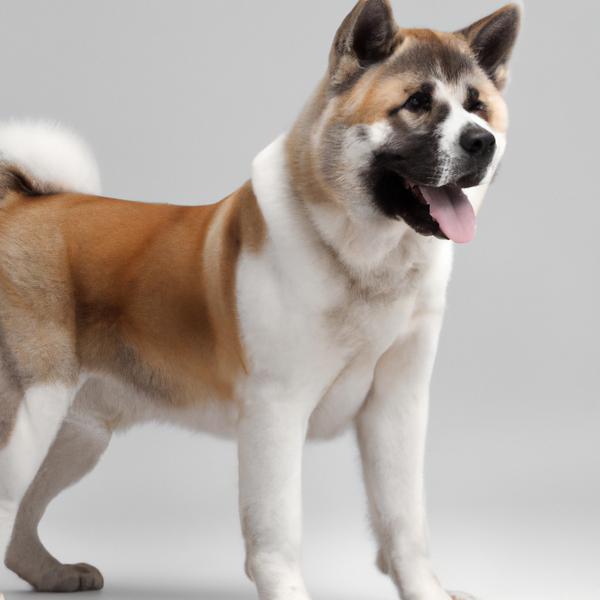
Akita Shepherd
Huskita vs Akita Shepherd
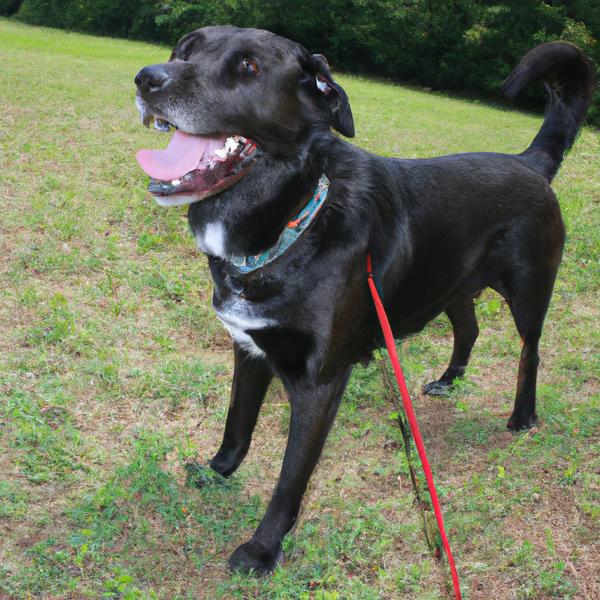
Labrottie
Huskita vs Labrottie
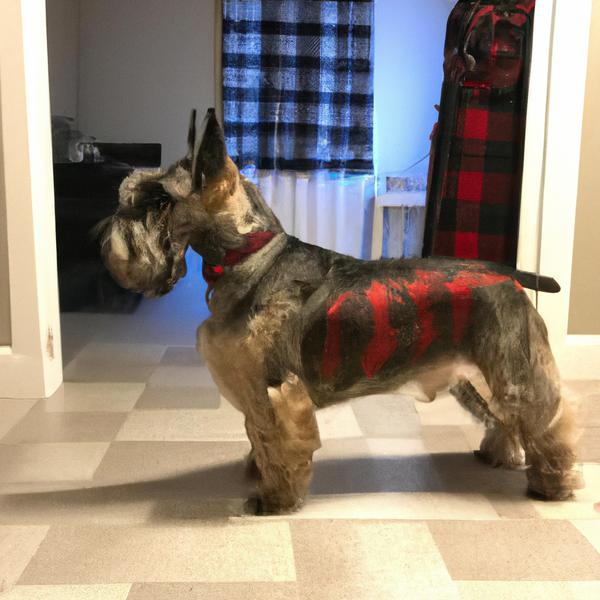
Scotchi
Huskita vs Scotchi
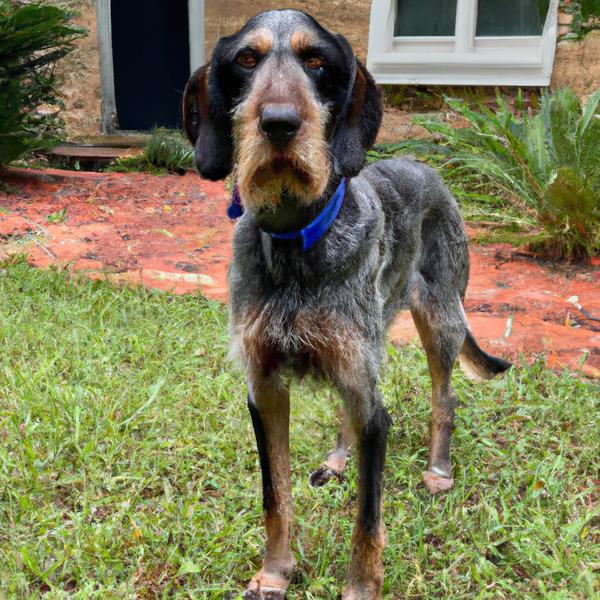
Bluetick Coonoodle
Huskita vs Bluetick Coonoodle
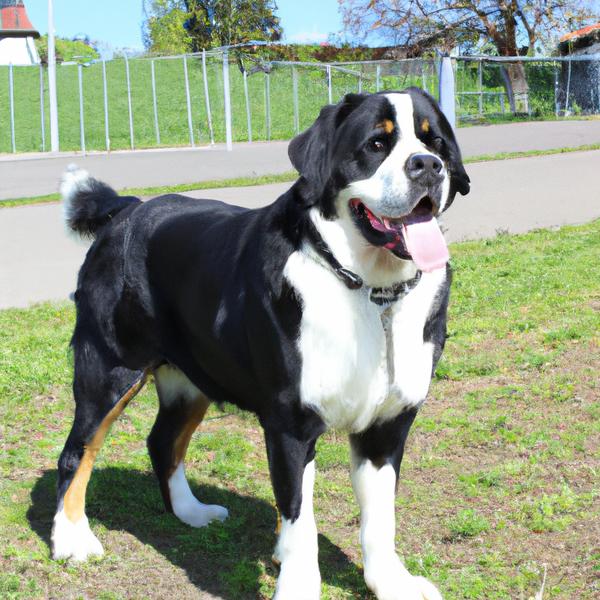
Swissy Saint
Huskita vs Swissy Saint
